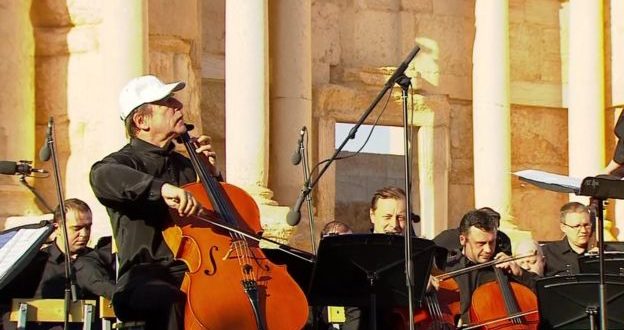During the armed conflict in Syria and some other countries of the Middle East, Russia has notably increased its involvement in the region in order to protect its own interests. This has been interpreted by its calibrated military intervention in Syria and the formation of alliances with some Middle Eastern states even at the expense of the United States of America due to Washington’s withdrawal from the region during former American President Barack Obama’s reign.
Yet, the relationship between Russia and the Middle East is nothing new; it dates back to decades of cooperation and military assistance of the former Soviet Union to many Arab states.
When the Arab Spring started few years ago, Russia returned to the Middle East through adopting self defense policy, hedging on its grand strategy to counter Western ambitions in the region. This required many diverse tactics in order to achieve the grand strategy, benefiting from the weakness of the European Union and the distancing of the US from the Middle East affairs in favor of the Pacific region.
Russia also entered the region from the important front of countering terrorism which was drawing close to its borders. Thus it had the right to intervene to protect its own national security, cooperating with major regional powers such as Iran, Turkey, Egypt and Algeria to regain balances of power to the region which suffers from a state of weightlessness.
Many Middle Easterners do not view Russian intervention in the region as something colonialist; they view it as a fait accompli or a de facto situation that cannot be changed or transformed, as each of the great world powers has its own goals and objectives in the region with such a strategic location and which controls most of the world’s energy resources.
Thus, Russia in the coming decade will not be decreasing its influence in the region, but will rather strengthen its media and cultural influence in order to familiarize Middle Easterners with its civilization and values.
Shehab Al Makahleh
Source: Rusis World
 Geostrategic Media Political Commentary, Analysis, Security, Defense
Geostrategic Media Political Commentary, Analysis, Security, Defense





